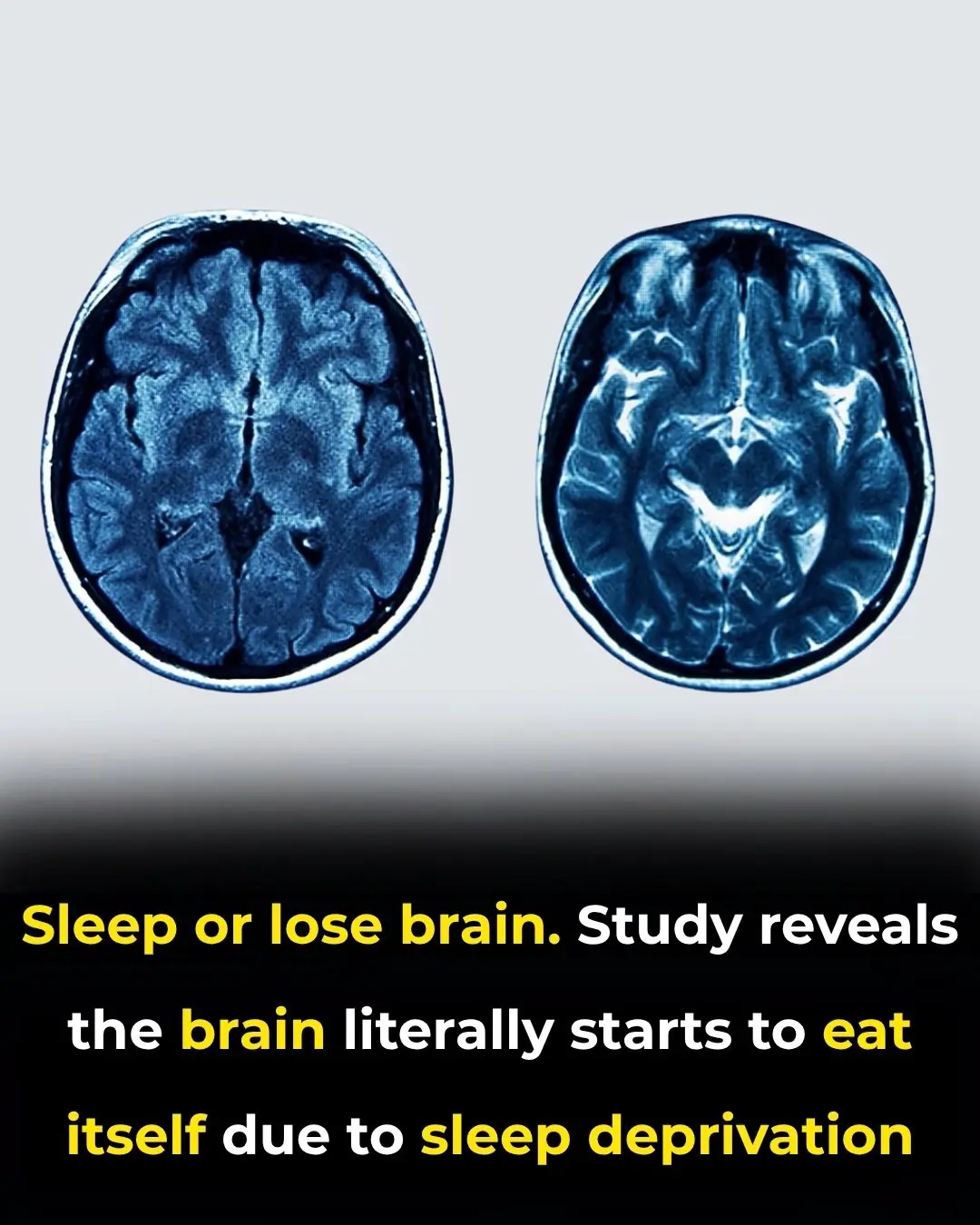
The Hidden Years of Postpartum Recovery: How Motherhood Reshapes the Brain
The notion that a woman can “bounce back” just six weeks after giving birth is not only outdated—it is scientifically inaccurate. Modern research in neuroscience and maternal health reveals that pregnancy and childbirth trigger profound changes in the brain that can last anywhere from two to six years. These long-lasting shifts affect memory, hormone regulation, emotional responsiveness, and the way the body processes stress. Far from being temporary disruptions, they represent a deep neurological transformation that supports early caregiving and adaptation to the intense demands of motherhood.
Importantly, these postpartum changes are not indicators of fragility or decline. Instead, they reflect an extraordinary biological evolution unique to humans. Neuroimaging studies published in Nature Neuroscience (Hoekzema et al., 2016) and supported by research from institutions like Harvard Medical School and the National Institutes of Health show that gray-matter volume changes occur in specific regions associated with empathy, social connection, emotional regulation, and multitasking. These shifts strengthen a mother’s ability to read her baby’s cues, remain attuned to potential threats, and form the deep emotional bonds essential for infant development and survival.
However, this neurobiological enhancement comes with real cognitive and emotional costs. Many mothers report memory lapses, emotional fluctuations, sleep disturbances, and heightened sensitivity to stress—symptoms often dismissed as “baby brain.” Yet studies from the American Psychological Association and the Mayo Clinic emphasize that these experiences reflect genuine neurological rewiring and dramatic hormonal fluctuations, particularly shifts in estrogen, progesterone, and cortisol. While the physical body may appear to recover externally within weeks, the brain and nervous system continue to undergo restructuring for months and even years. Beneath the surface, the mother’s body is recalibrating its stress-response system, reshaping emotional pathways, and adapting its cognitive patterns to support new forms of vigilance and nurturing.
Understanding this extended timeline of postpartum healing is crucial for reshaping cultural expectations around motherhood. Instead of viewing recovery as a race to return to a pre-pregnancy state, society must recognize it as a gradual unfolding—a process that honors the magnitude of what the body and mind have endured. Shifting the narrative allows for more compassionate conversations surrounding maternal mental health, emotional resilience, and the pressures placed on new mothers. It helps dismantle unrealistic expectations and encourages a more supportive environment that acknowledges the slow, meaningful recalibration of the brain, body, and identity after childbirth.
Motherhood does not end at the moment of birth; in many ways, that is when its most profound transformations begin. It begins in the brain, in the restructuring of neural networks shaped by biology and experience, and it continues to evolve for years. These lasting neurological and emotional shifts remind us that postpartum recovery is not about “snapping back”—it is about growing into a new version of oneself shaped by one of the most powerful transitions in human life.
News in the same category


From Self-Marriage to Self-Divorce: Suellen Carey’s Viral Journey of Self-Love
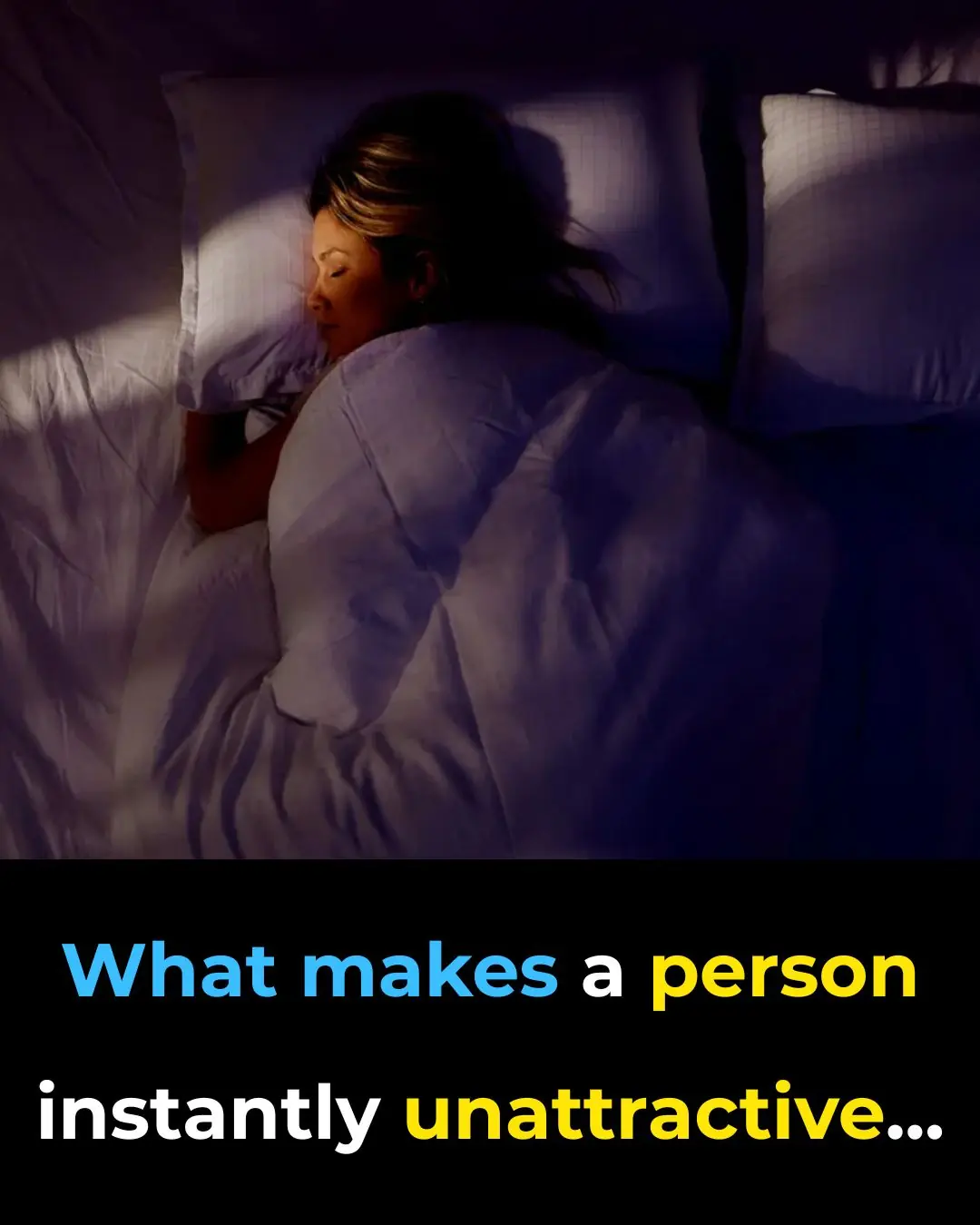
Unattractive Traits That Can Secretly Ruin a Relationship
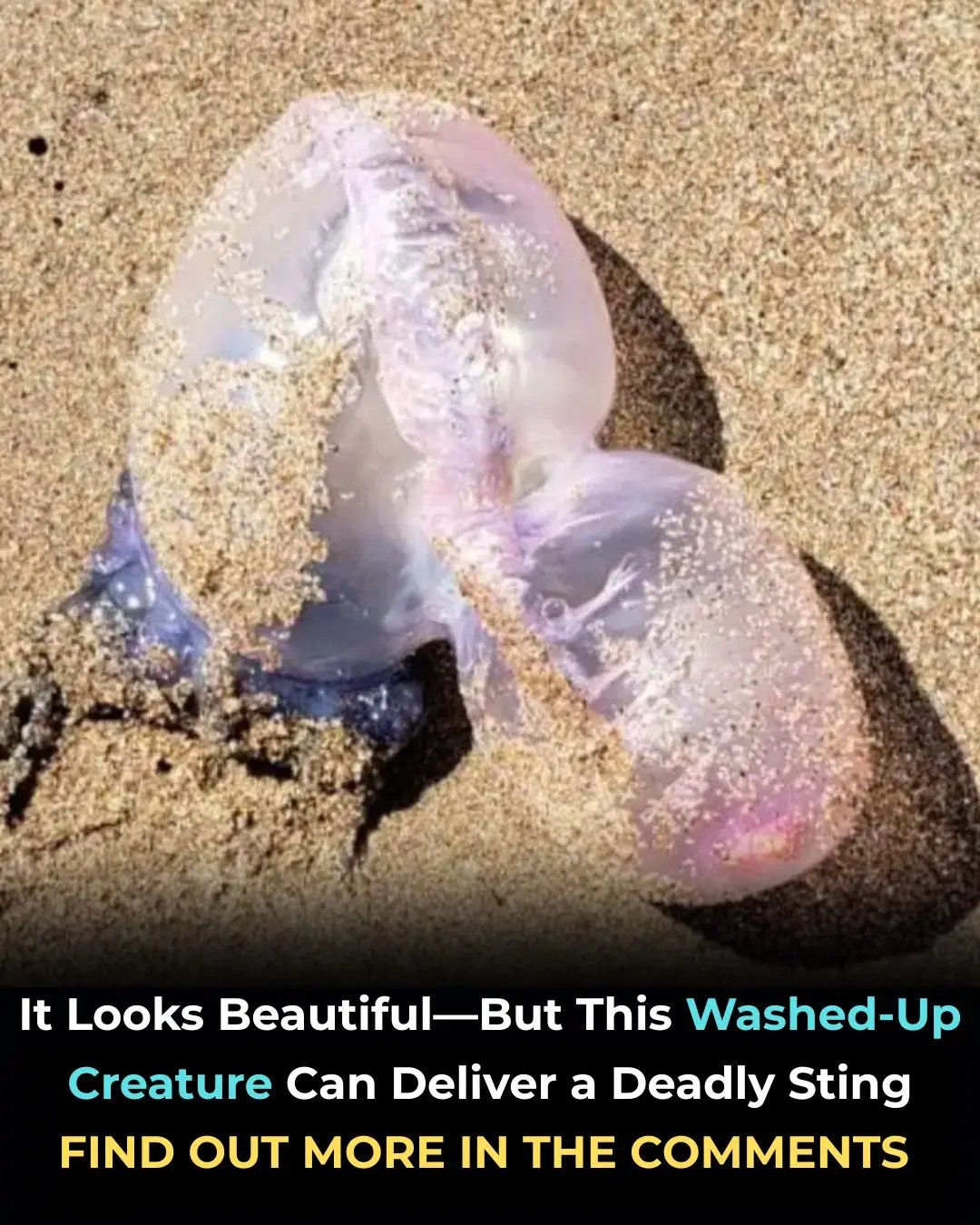
Beware Portuguese Man-of-War Found on Beach

Why Your Dog Stares at You …What That Look Really Means
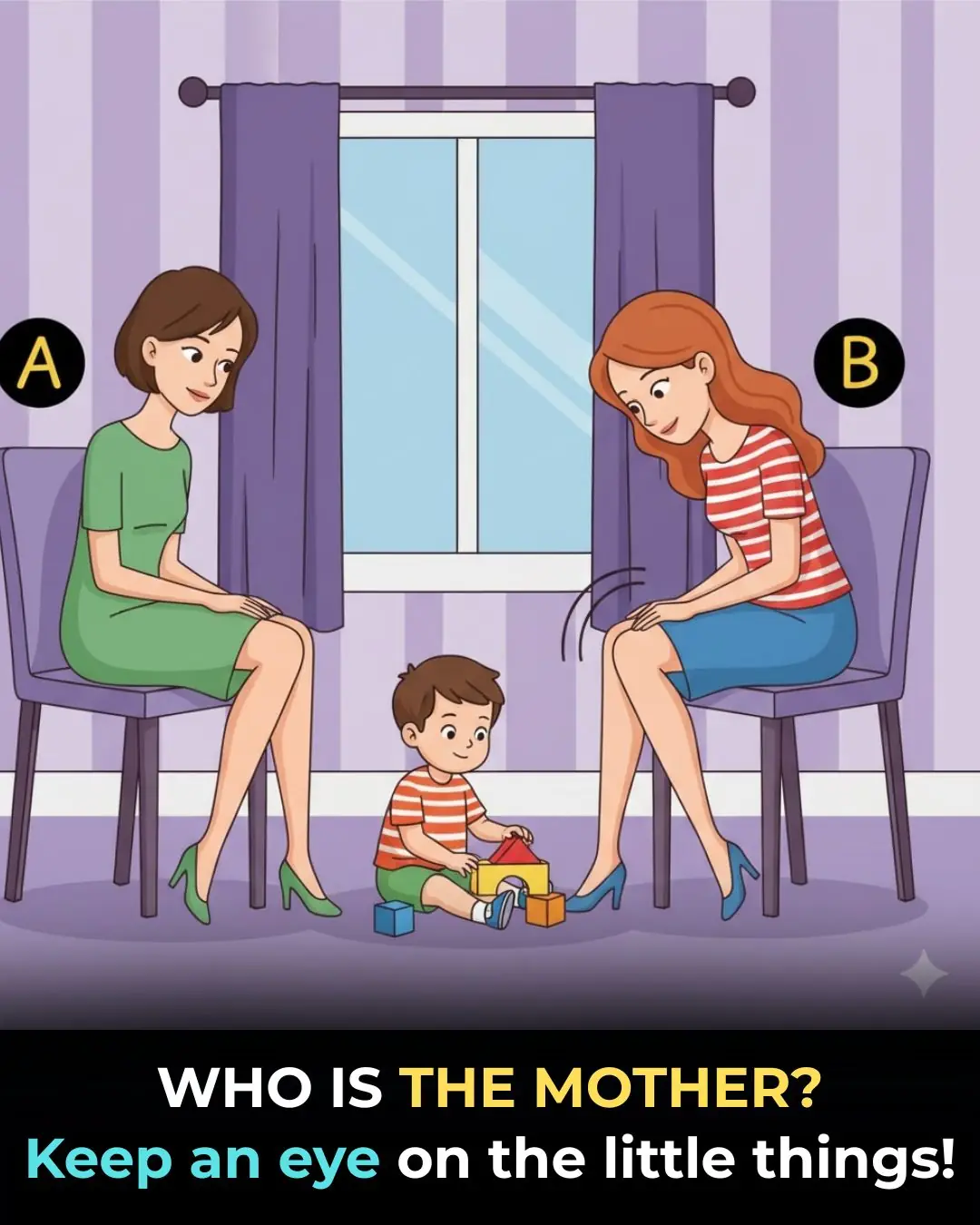
Do You Think Like an FBI Agent

Apple and Issey Miyake Redefine Tech Fashion With the $230 iPhone Pocket

A Simple Black Blade That Saves Birds: The Surprising Wind Turbine Breakthrough
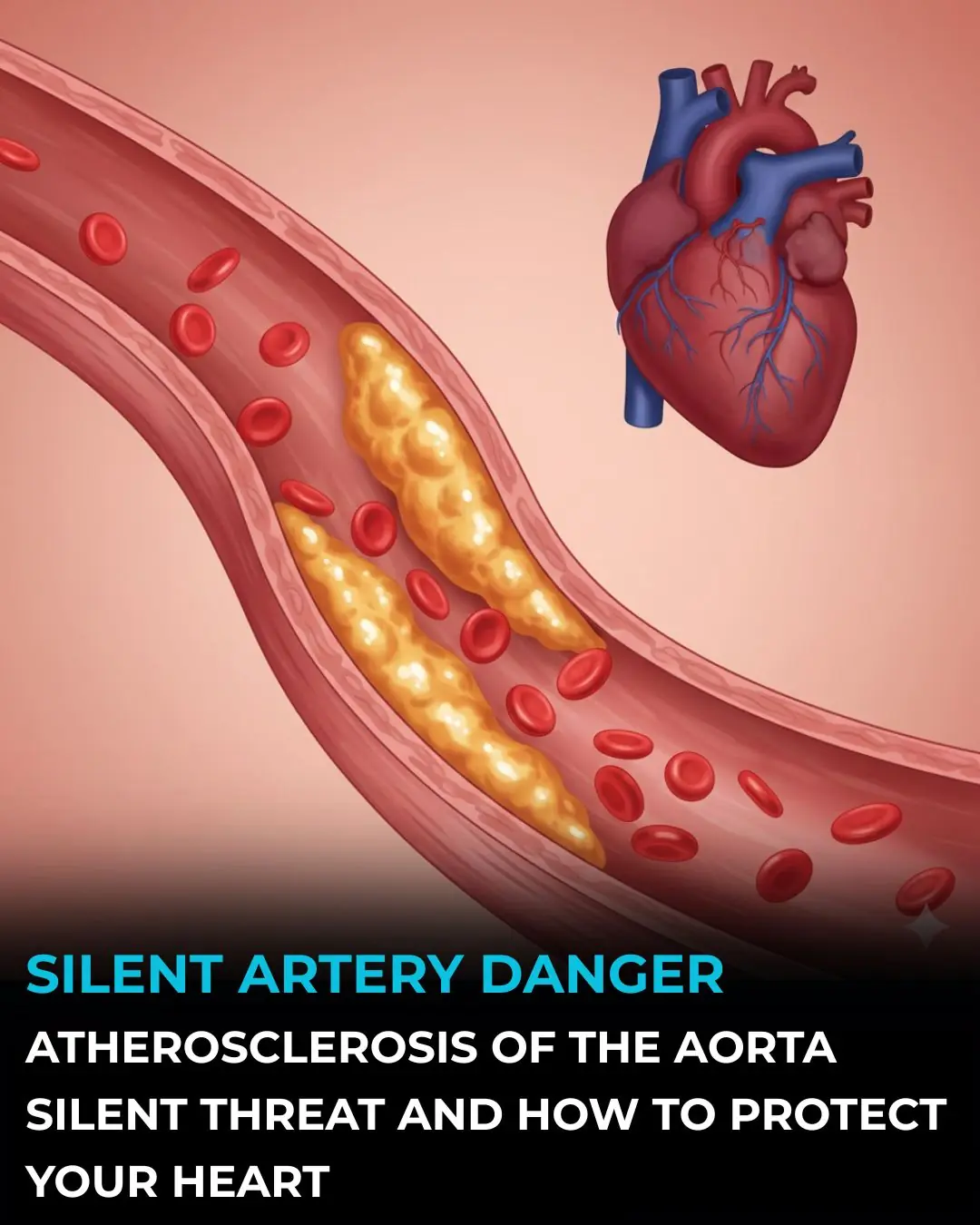
A Silent Threat: How Aortic Atherosclerosis Develops and How You Can Protect Yourself

Firefighters Want Everyone To Know What They Should Never Plug Into A Power Strip
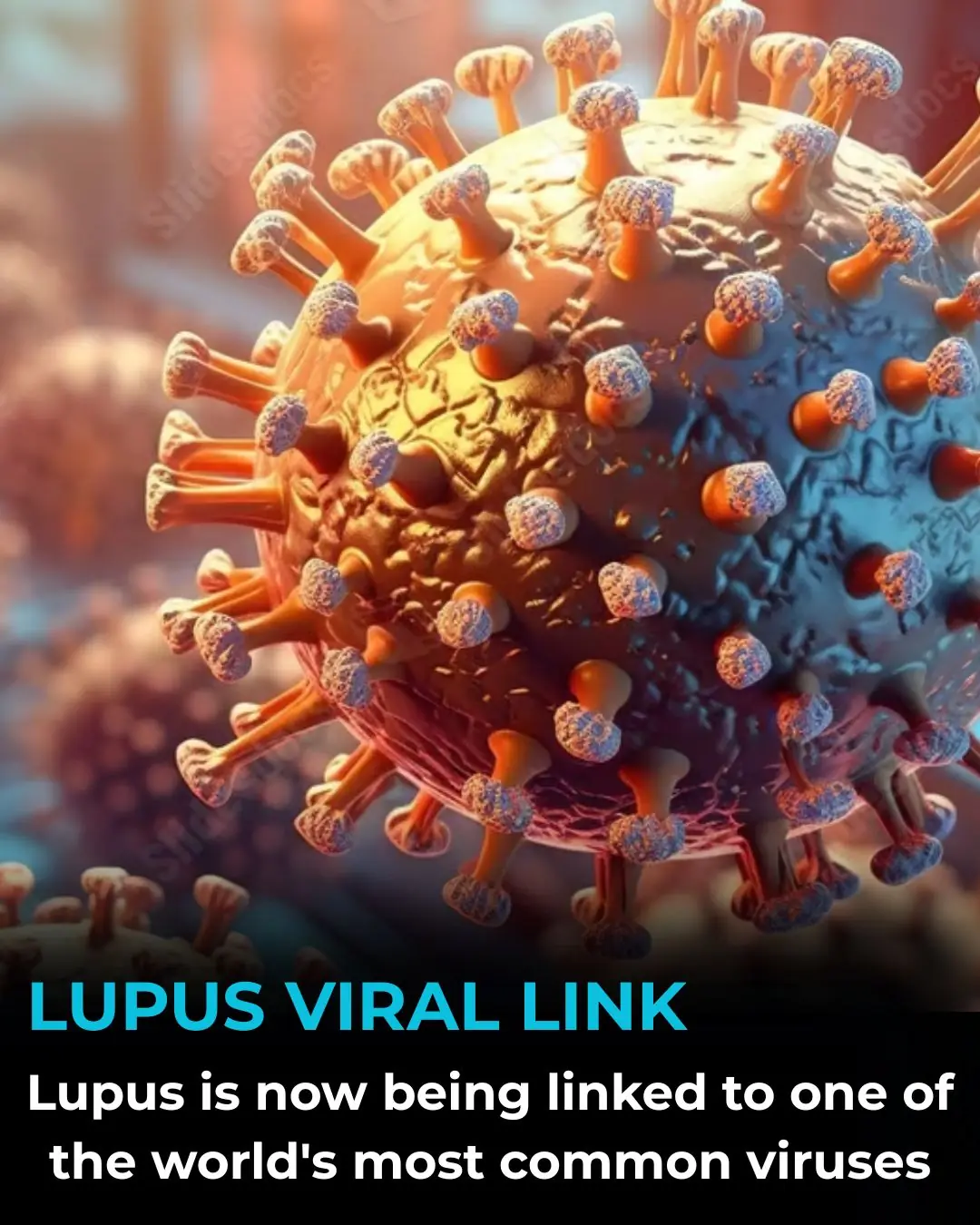
Uncovering the Viral Trigger Behind Lupus: Scientists Reveal a Surprising Link

A Quiet Hero: The 24-Year-Old Saving Over 1,400 Animals from Euthanasia
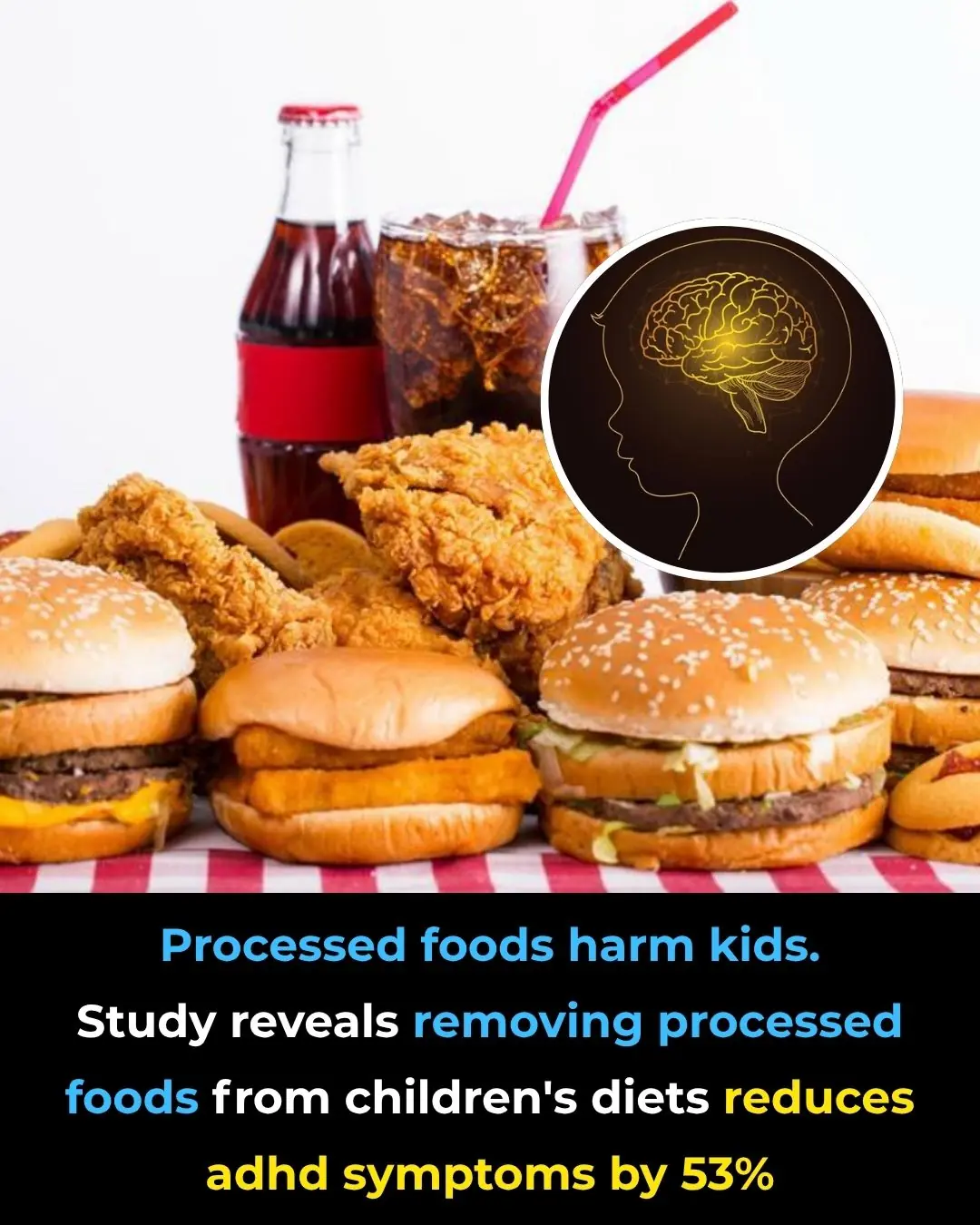
New Study Shows Removing Processed Foods Can Reduce ADHD Symptoms by 53%

Kenyan Impostor Outsmarts Courts: Fake Lawyer Wins 26 Cases Before Shocking Unmasking

Experts reveal 10 baby names parents should avoid in 2026 as popular names that are set to go extinct revealed

The Real Reasons Men Stay in Relationships With Women They Don’t Love

NASA’s Perseverance Rover Detects Something on Mars That Shouldn’t Be There
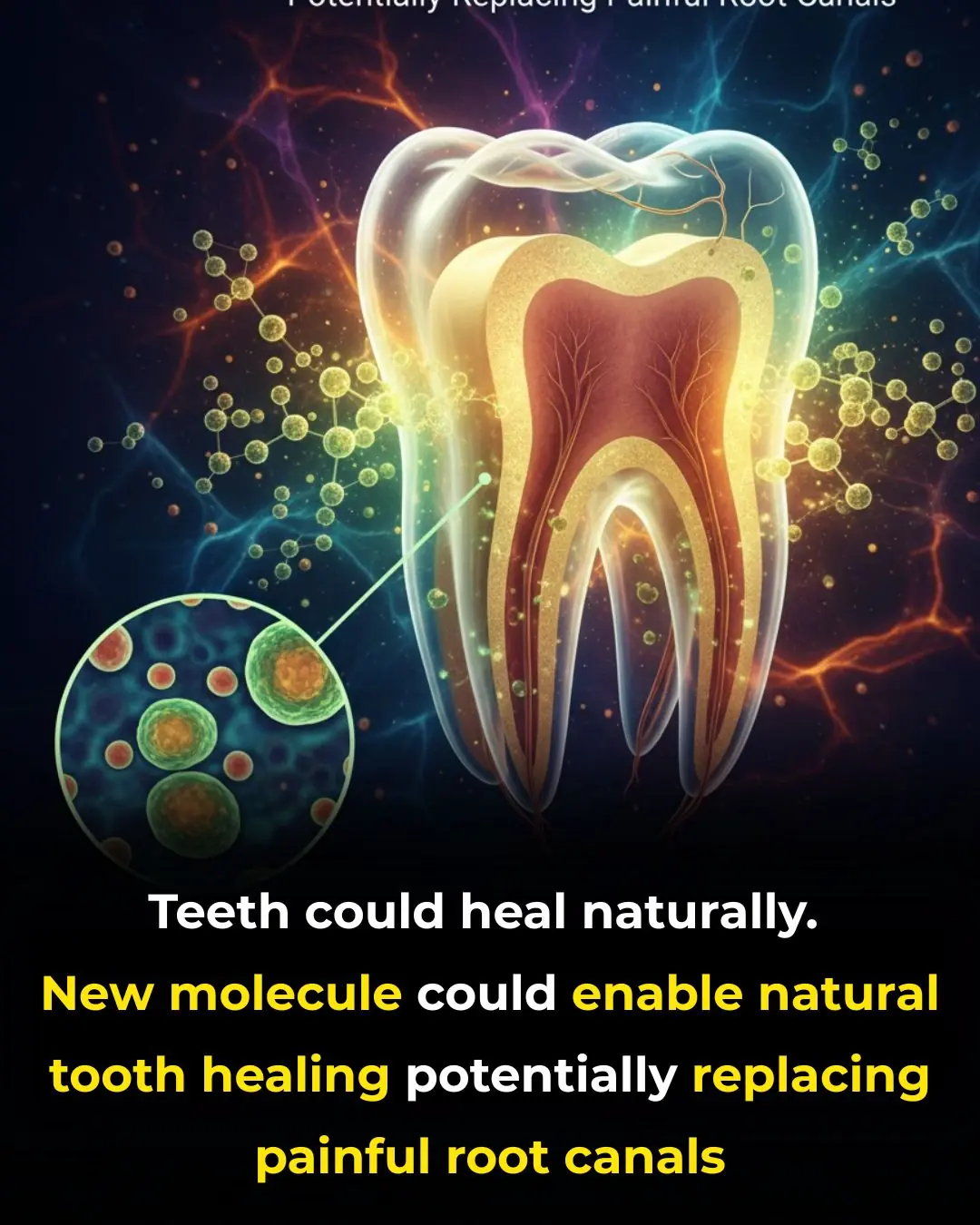
Newly Discovered Molecule Could Allow Teeth to Heal Naturally, Transforming the Future of Dentistry
News Post

Controversial I'm A Celeb star Ruby Wax's changing face

MAFS UK's Abi issues emotional relationship status update
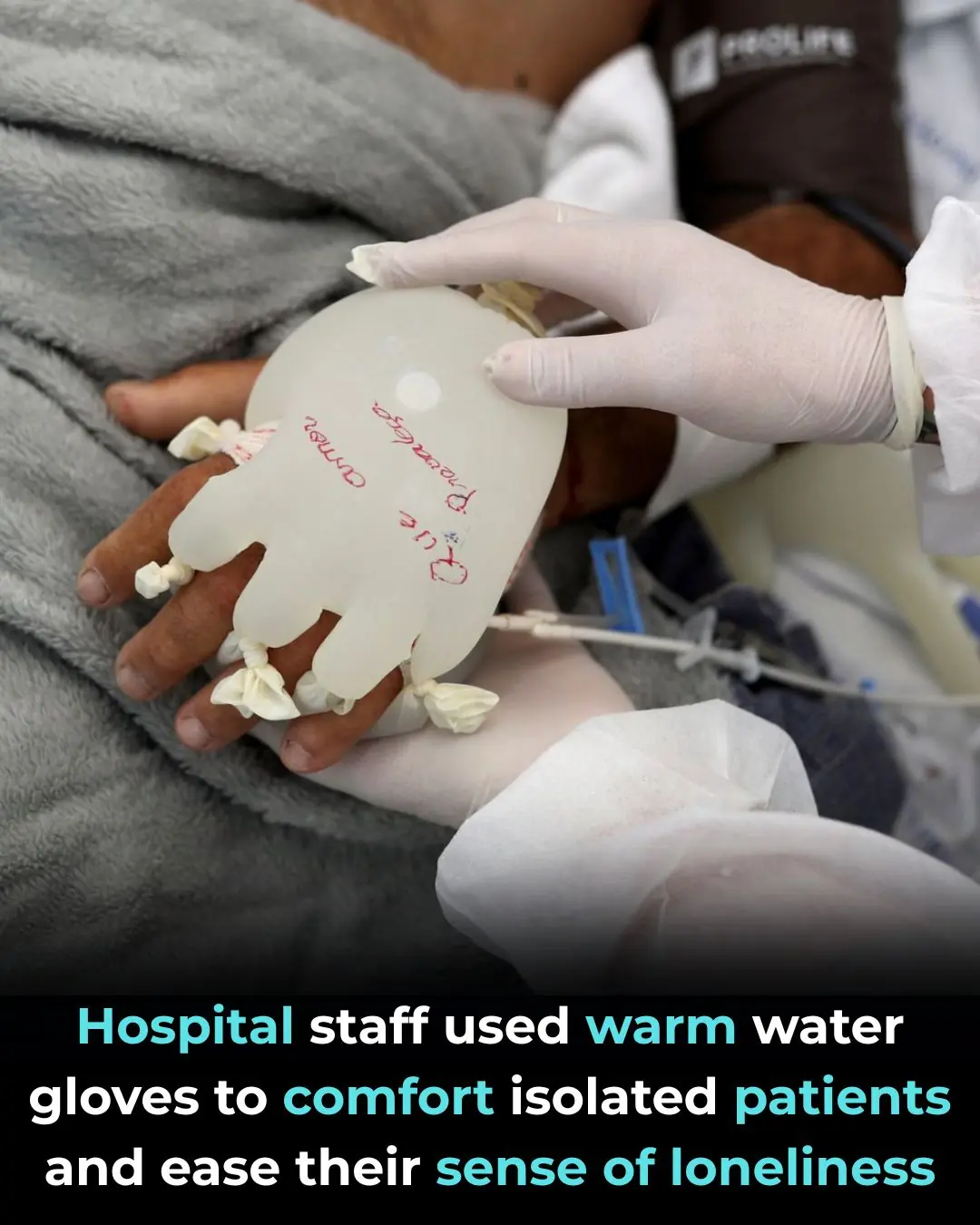
The “Hand of God” Technique: How a Simple Gesture Brought Humanity Back Into Isolated Hospital Rooms
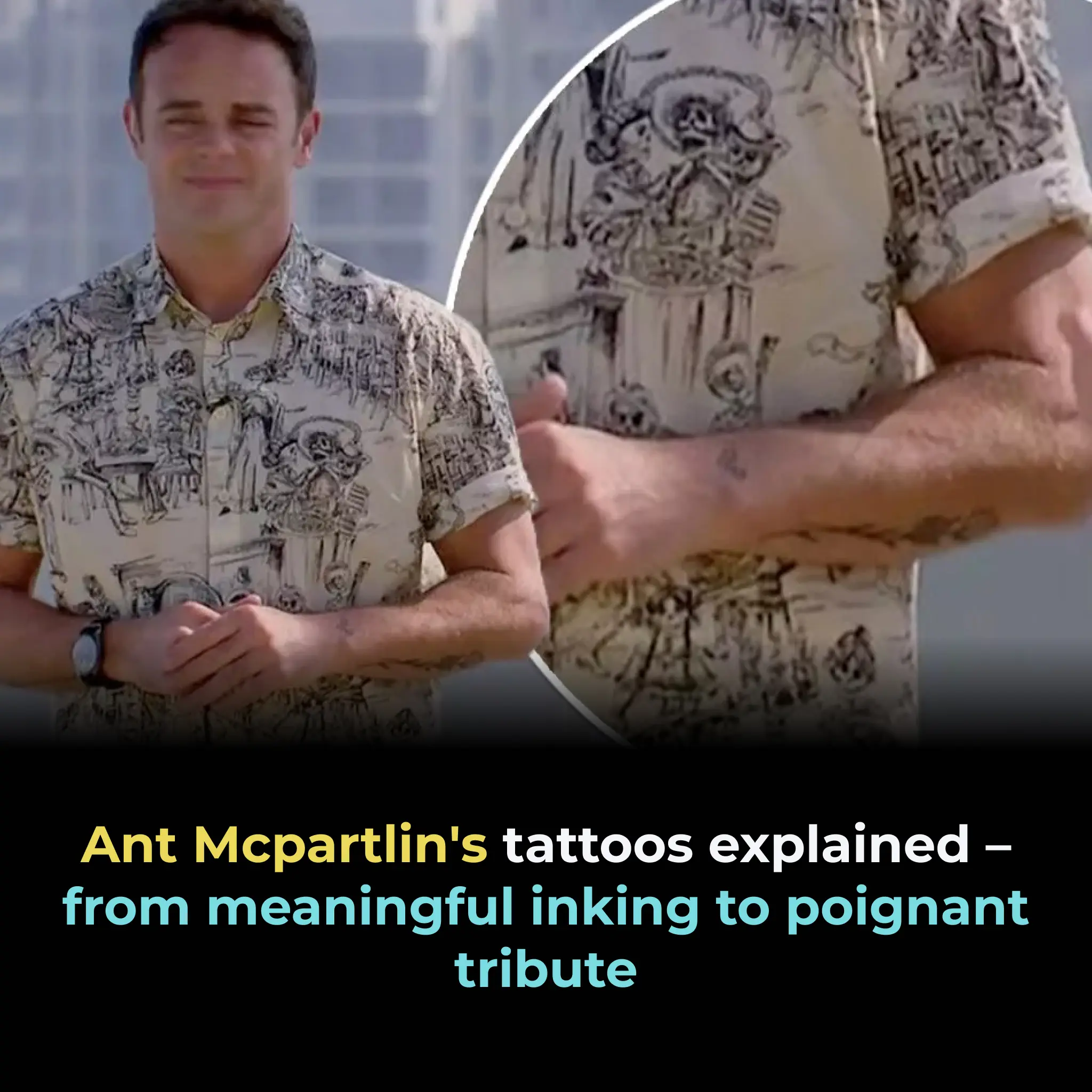
Ant McPartlin's tattoos explained – from meaningful inking to poignant tribute

When the Brain Begins to Consume Itself: The Hidden Costs of Chronic Sleep Loss
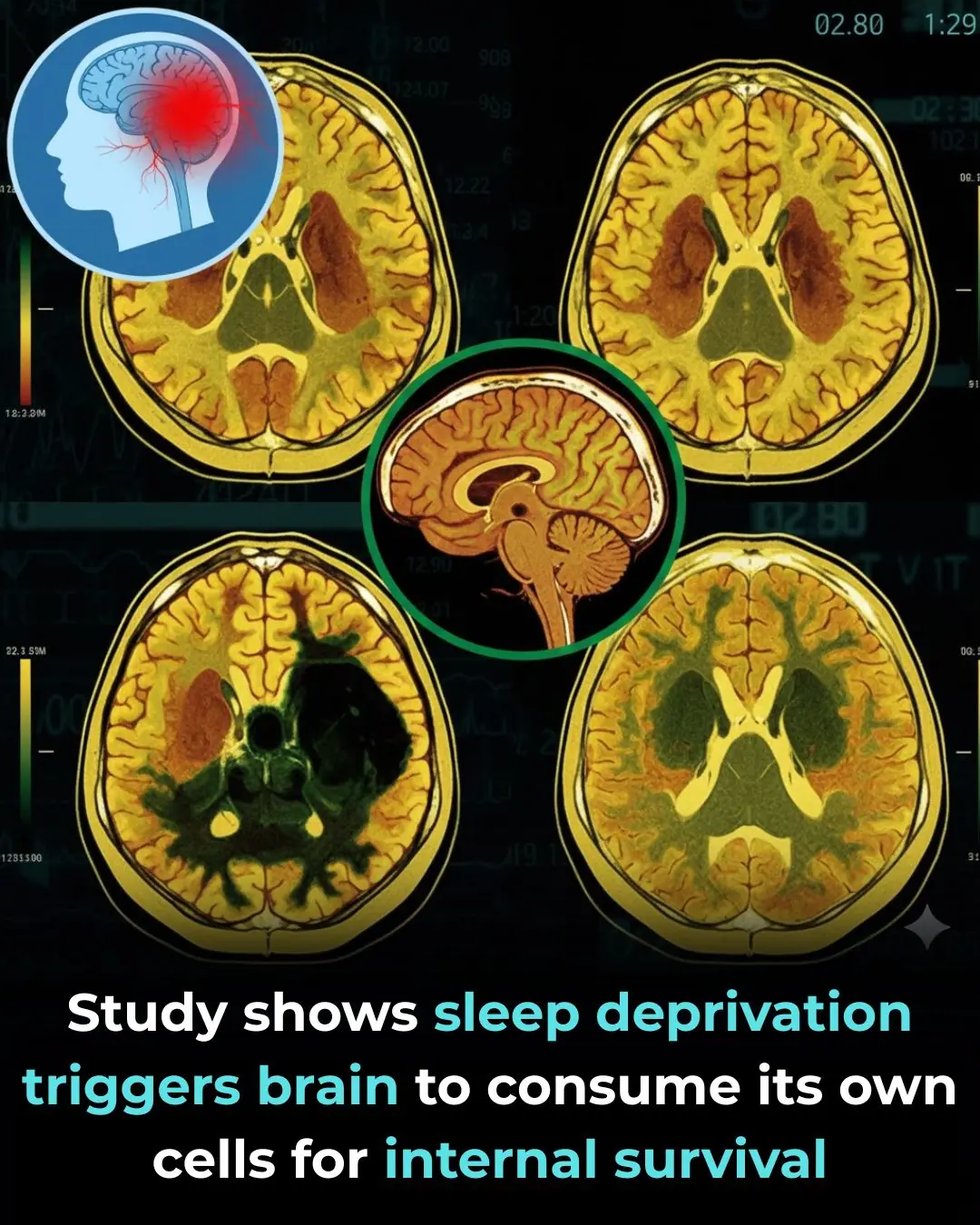
When the Brain Eats Itself: The Hidden Damage Caused by Lack of Sleep

From Self-Marriage to Self-Divorce: Suellen Carey’s Viral Journey of Self-Love

Kerry Katona undergoes corrective boob surgery as she gushes over beau Paolo's support
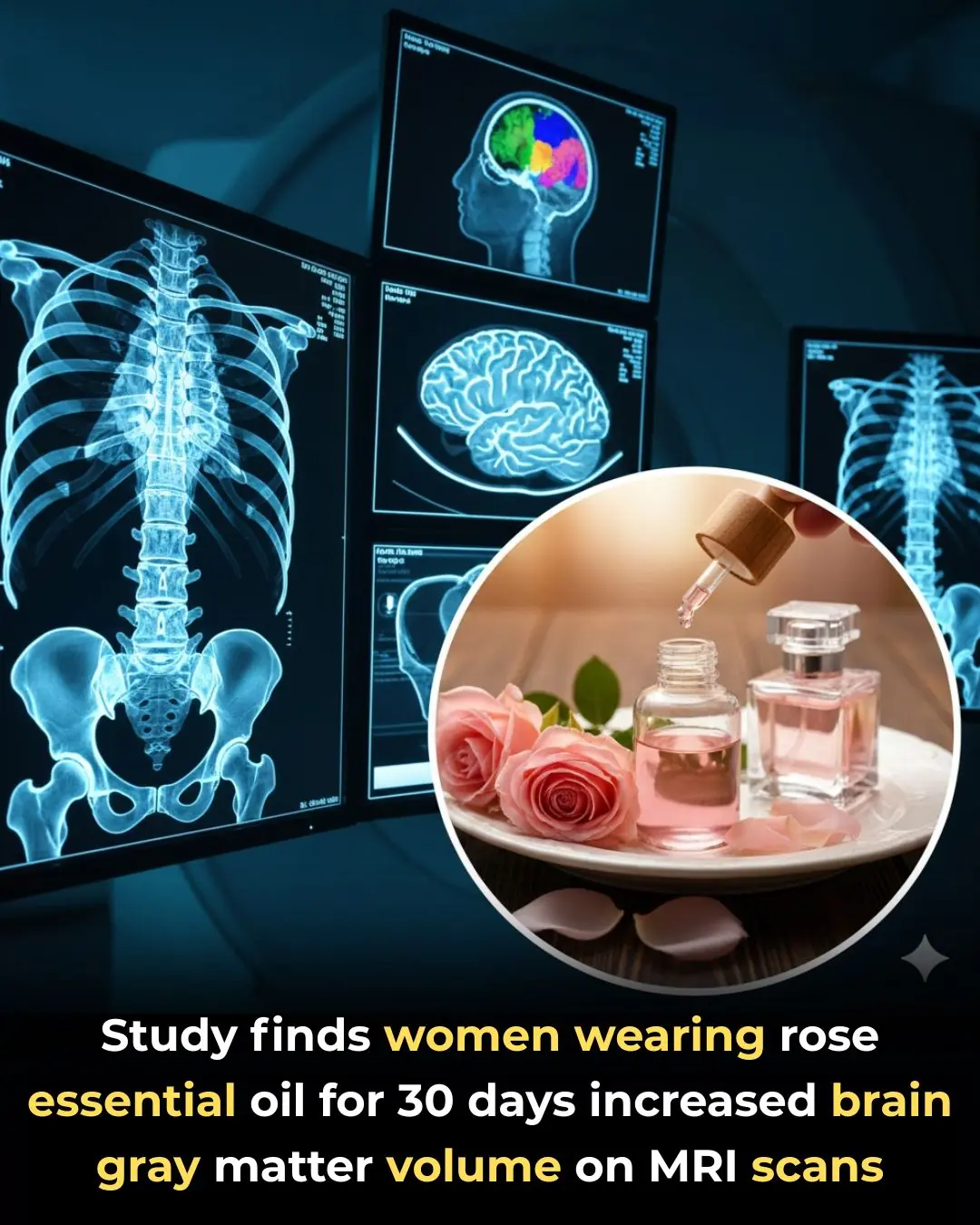
How Rose Essential Oil May Reshape the Brain: A Deep Dive Into a Surprising New Study
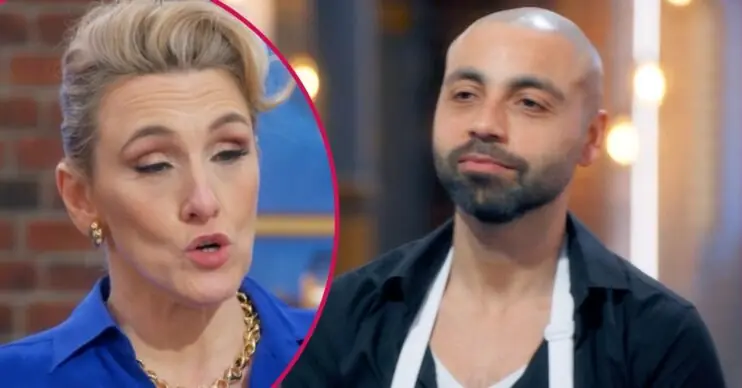
Celebrity MasterChef’s Gaz Choudhry fails to impress Grace Dent and John Torode and is sent home

DANIEL RADCLIFFE SENDS LETTER TO NEXT HARRY POTTER AND RECEIVES AN INCREDIBLY HEARTWARMING REPLY

I’m A Celebrity 2025: What the meaning is behing Shona McGarty’s piercings and tattoos

HOW CANCER CAN CAUSE DYSLEXIA AS MARTIN KEMP OPENS UP ABOUT EXPERIENCE ON I'M A CELEB

Unattractive Traits That Can Secretly Ruin a Relationship

Things You Should Never Do to Avoid Lightning Strikes

BILLY BOB THORNTON REVEALS TRUTH ABOUT INFAMOUS BLOOD VIALS WITH ANGELINA JOLIE
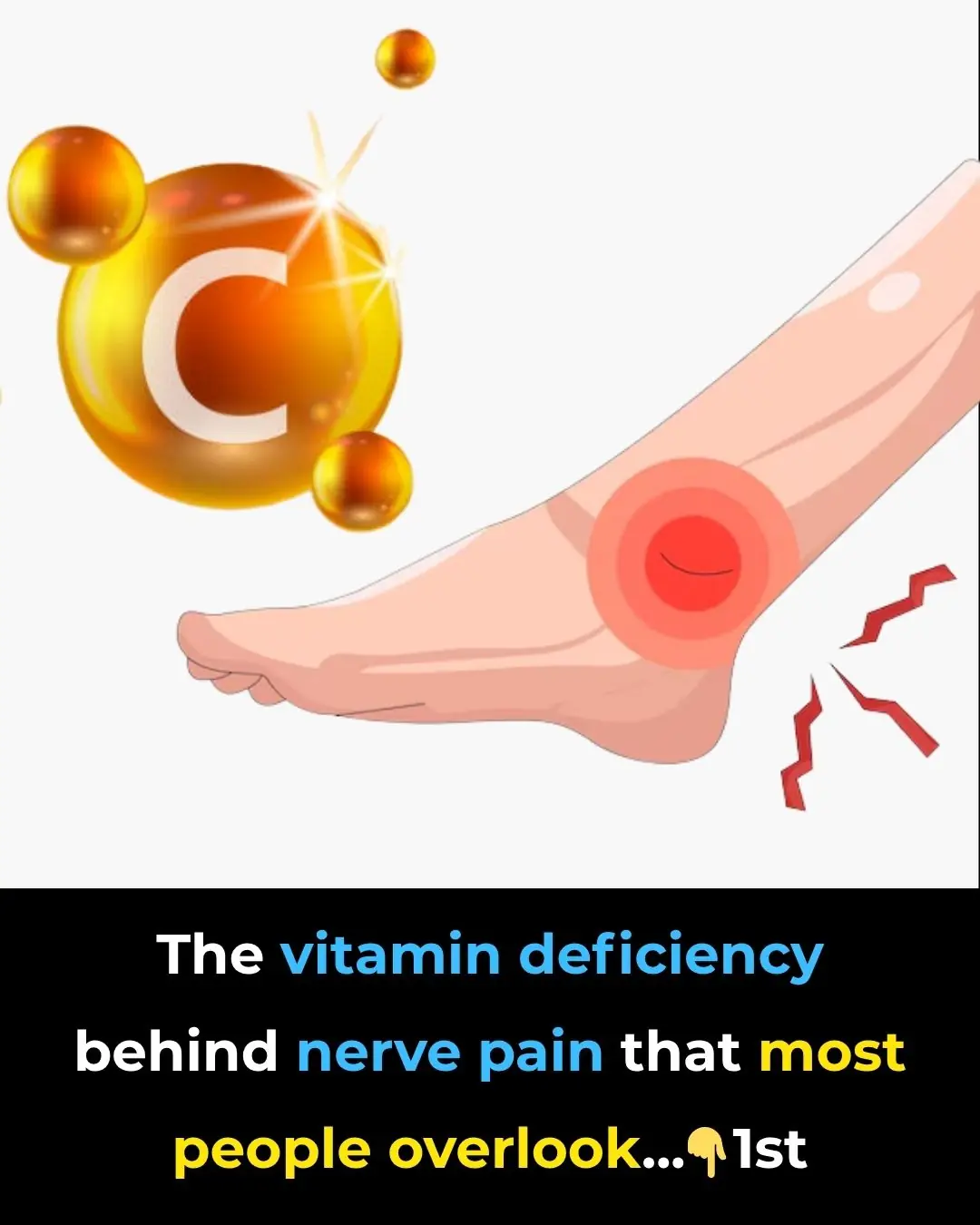
Nerve Pain Relief? The Vitamin Deficiency You Never Suspected!
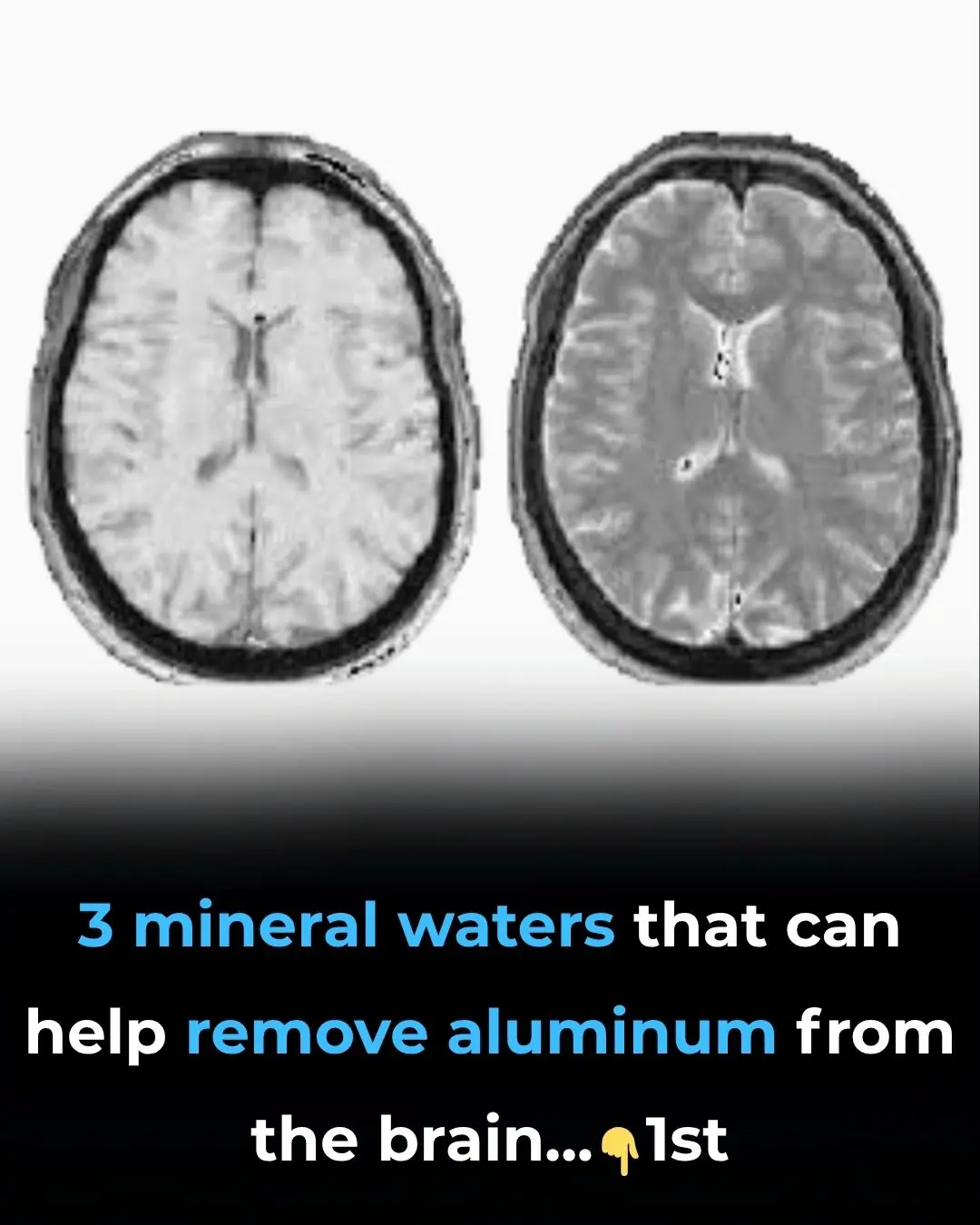
3 Mineral Waters That Can Help Remove Aluminum From The Brain
